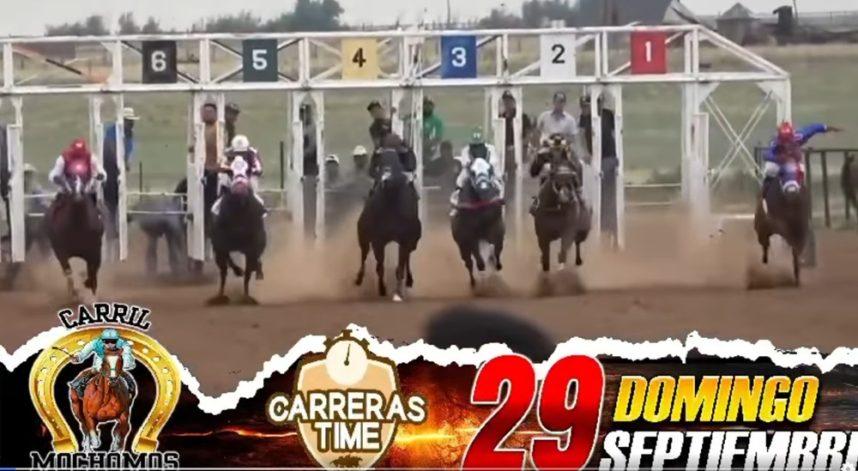 The Finnish government has approved a significant reform to its gambling system, marking a shift away from the state monopoly model as it prepares to introduce a competitive licensing structure. Announced on November 1 by Finland’s Economic Policy Committee, this reform includes the addition of horse racing betting to the competitive market, aligning it with other forms of licensed sports betting. Under this new framework, the state-run Veikkaus Oy will maintain its monopoly over lotteries and physical gaming machines, while a license-based system will govern betting, online casino games, and digital bingo starting January 1, 2026.
The Finnish government has approved a significant reform to its gambling system, marking a shift away from the state monopoly model as it prepares to introduce a competitive licensing structure. Announced on November 1 by Finland’s Economic Policy Committee, this reform includes the addition of horse racing betting to the competitive market, aligning it with other forms of licensed sports betting. Under this new framework, the state-run Veikkaus Oy will maintain its monopoly over lotteries and physical gaming machines, while a license-based system will govern betting, online casino games, and digital bingo starting January 1, 2026.
The updated gambling legislation, spearheaded by the Ministry of the Interior, aims to reduce gambling-related harms while increasing the market’s channelization rate. Channelization refers to directing players to regulated services rather than unregulated ones, thus enhancing consumer protection and responsible gambling practices. With the inclusion of horse racing in this competitive market, state funds previously allocated to horse racing will now focus on other industry needs, such as supporting breeding and advising horse-related businesses.
Competitive Licensing Model and Regulatory Review
The proposed law grants licenses for online sports betting, digital casino games, electronic bingo, and virtual slot machines. Meanwhile, Veikkaus will retain its exclusivity over lottery operations and physical gaming venues. In addition to moving horse racing under the license model, Finland’s new legislation will undergo a review by the European Commission (EC) and other EU member states to ensure compliance with EU principles of free movement and competition. This three-month evaluation will gather feedback to refine the proposal before it is submitted to Finland’s parliament in spring 2025.
According to Jari Vähänen, a local gaming consultant, this regulatory shift aligns with heavy lobbying efforts from the Finnish horse racing industry, which had advocated for a more flexible licensing environment. Industry observers expect horse racing betting to potentially expand into retail outlets under the new regulations, providing broader accessibility for bettors.
Revised Draft Eases Business Restrictions
The latest version of the proposed law has introduced several business-friendly changes compared to its initial draft in July. Marketing restrictions have been relaxed, allowing offline brand marketing, and certain bonus offerings will now be permitted under specific conditions for existing customers. Legal Gaming’s Finnish advisor Antti Koivula noted that while the Gross Gaming Revenue (GGR) tax rate remains at 22%, an increased supervision fee based on GGR levels could add a tax burden exceeding 2% for some operators. Koivula called the revised law “significantly more business-friendly” while recognizing that not all stakeholders are satisfied.
With the law’s emphasis on consumer protection, the updated regulations also limit certain advertising methods. Veikkaus Oy, Finland’s state-owned gambling operator, will be restricted from using influencer marketing. This ban prevents public figures from promoting Veikkaus products on personal platforms, even without monetary compensation, though they may appear in Veikkaus’ official advertisements. Further restrictions will curb affiliate marketing that directs users to gambling websites, with the intent to shield minors from exposure to gambling content.
Nordic Gambling partner Morten Ronde noted that Finland’s reform resembles the regulatory models in Denmark and Sweden, providing familiarity for operators active in the Nordic region. Ronde lauded the moderate allowance for bonuses and the 22% tax rate as positive steps, though he highlighted the need for clarity on what constitutes a “moderate” bonus.
Timeline and Industry Reactions
Finland plans to introduce the final version of the law to parliament by early 2025, with a target date of mid-2025 for its passage. This reform not only paves the way for competitive licensing but also expedites the timeline, allowing licensed operators to potentially begin operations by July 1, 2026. As noted by Finnish iGaming consultant Pasi Koskela, while some advertising limitations may redirect traffic from regulated sites to unlicensed ones, the overall impact remains to be seen. Koskela suggested that without established guidelines for affiliate marketing, consumer interest may shift to less reputable platforms, creating challenges for consumer protection.
Incorporating both traditional and modern business concerns, Finland’s evolving gambling system signals a new era for the country’s betting landscape. The balance of consumer safety with industry flexibility aims to foster a responsible and competitive environment, strengthening Finland’s role in the broader European gambling market.
Sources:
“Gambling Reform in Finland Advances, Adding Horse Racing to Competitive Market,“ valtioneuvosto.fi, November 1, 2024.
The post Finland Advances Gambling Reform, Adding Horse Racing to Competitive License Market appeared first on Casino News Daily.



